1. Decreased short-term memory

Image Source / Reddit
Struggling with memory can be an early sign of dementia. Often, this is linked to short-term memory and changes can be subtle. Somebody suffering with dementia might manage to recall events that happened years ago, but they will struggle to tell you what they had for lunch.
2. Difficulty finding the right words

Image Source / Reddit
A potential early sign of dementia can be finding it difficult to communicate thoughts. Somebody with dementia may struggle to explain something or find the right words to express what they're thinking. Sometimes, they will pause in the middle of a sentence, not knowing how to carry on.
3. Changes in mood

Image Source / Newsweek
Changes in mood can be a possible sign with some dementia sufferers. It can be hard to spot this sign within yourself, but you could notice this switch in another person. An example of this in the early stages of dementia could be depression or low mood.
4. Apathy

Image Source / Reddit
A potential early sign could be no longer feeling or expressing emotions the same as before. This may cause a person to feel indifferent in situations that they or others would usually react to. Because of this, they may no longer have interest in fun.
5. Difficulty completing tasks

Image Source: Reddit
Small shifts in the ability to complete everyday tasks is another possible early warning sign of dementia. A lot of the time, you will first notice this change with harder tasks. For example, playing a game with a lot of rules or following a recipe.
6. Confusion

Image Source / Reddit
A sign in the early stages of dementia can sometimes be confusion. People can become confused when they're trying to remember faces. Confusion can happen for different reasons and in different situations. Another example may be forgetting where they've put their keys, or what comes next in their routine.
7. Difficulty following storylines

Image Source / Know Your Meme
Sometimes, people with early dementia can forget the meaning of some words whilst listening to a story. Because of this, they can find it difficult to follow storylines whilst they are watching TV, or even whilst they are participating in conversations.
8. Decline in sense of direction

Image Source / Yelp
When a person has the onset of dementia, it can possibly worsen their sense of direction and spatial orientation. This may mean they struggle to recognise landmarks that used to be familiar to them, or forget the route to places which they have known all their lives.
9.
Repetition
Image Source / istockphoto.com
There are different kinds of repetition to look out for when it comes to dementia. This can be due to memory loss. Some people with early dementia may keep asking the same questions or re-tell the same story. Whilst others can shower when they have already had one, or repeat other daily tasks.
10. Struggling to adapt to change

Image Source /Reddit
Sometimes, when a person is in the early stages of dementia, they will experience more fear. All of a sudden, they struggle to remember people they've always known and live in confusion. Because of this, changes can be extremely difficult as it can throw them off even more.
11. Poor judgment

Image Source / safeandsoundhomecare.com
Another sign to look out for with dementia can be the lack of ability to make the right decisions. An example of this is somebody struggling to recognise harmful situations, like someone dressing themselves in shorts and a vest when it's snowing outside.
12. Problems with communication

Image Source / freerangestock.com
Take notice a sudden struggle to participate in conversations like before, or if somebody is not able to follow the conversation. Sometimes, people with dementia will stop suddenly in the middle of a sentence, not able to find the words or the name of something.
13. Getting lost

Image Source / Reddit
Some people suffering with dementia can struggle with their spatial and visual abilities. This can therefore create issues such as getting lost whilst walking or driving. Another example could be misjudging the space and falling into or over objects.
14. Changes to personality

Image Source / Reddit
It can potentially be a sign of dementia when a person has notable changes to their personality. For example, somebody may usually be very laid back and thick skinned, then suddenly become easily upset or angered. Others may begin feeling anxious, depressed, fearful or suspicious.
15. Struggling with planning

Image Source / Reddit
It can be common with dementia sufferers to struggle with creating and following plans, or working with numbers. Because of this, they may have difficulty cooking a meal they once knew the recipe for, or keeping on top of monthly bills. They can also find it hard to concentrate when others are trying to involve them in a plan.
16. Lack of interest

Image Source / Reddit
It is normal to have times when somebody does not feel as social as they usually would. However, if there is an abrupt and unexplained lack of interest in a person's family, friends and other activities, this could possibly be a warning sign of dementia.
17. Losing belongings

Image Source / gearpatrol.com
Some people with dementia will put their belongings in strange and random places. They can then find it difficult recalling where they have put the items and can struggle to retrace their steps to locate them. Because of this, you may notice more lost belongings.
18.
Confusion about time 
Image Source / reddit.com
Another potentially alarming sign to look out for is disorientation about time, such as forgetting what day of the week it is. In more extreme cases, they may confuse the past with the present. An example of this may be asking for their sister, when this person passed away years ago.
19. Confusion about place

Image Source / Reddit
Another change to look out for is somebody forgetting where they are or how they got there, as this could be a potential warning sign for dementia. In some cases, they may no longer recognize once familiar places, even if they are significant or have known them all their lives.
20. Neglecting hygiene

Image Source / reddit
Pay attention to any out of character decline in a person's personal hygiene. Some people suffering with dementia will have a clear, consistent change to their grooming and cleanliness. This can be due to them forgetting to wash, or struggling to follow their usual daily wash routine.
21. Difficulty handling money

Image Source / reddit.com
In some cases, you may notice a person gradually appearing to have poor judgment or questionable choices when it comes to handling their finances. An example of this could be splashing out on luxuries they can't afford, or missing payments for their monthly bills.
22. Visual troubles

Image Source / Reddit
Dementia can cause visual problems in some people. This might mean somebody has difficulty differentiating between colors, or they could have an unusual lack of balance. Others may have problems reading, or even have visual issues when they are driving.
23.
Struggling with words when speaking or writing
Image Source / Reddit
As mentioned earlier, people living with Dementia can have trouble following or joining a conversation. A cause of this is struggling to understand vocabulary others use. They may also use incorrect terms, for example, calling a "mug" a "drink-holder"
24. Withdrawal from work or social activities

Image Source / Reddit
Due to the struggle with making and following conversation, you may notice an individual with dementia choosing more and more to pull out of social events that they once enjoyed. Another possible reason may be trouble keeping up with the activity, such as watching a football match.
25. Saying inappropriate things

Image Source / Bored Panda
Sometimes, people suffering dementia can appear to have 'no filter' when they're speaking to others. This is because dementia can affect someone's inhibitions. They might no longer care for social rules and can rebel against the behavior expected of them.
26.
Weight changes
Image Source / the Guardian
There are a couple of aspects linking weight change to dementia. An obvious reason is simply forgetting to eat or struggling to make meals. Another is down to burning more calories. Dementia can cause a person to pace more frequently or wander around.
27.
Changes to physical appearance
Image Source / Pinterest
If you suspect early onset of dementia, then be sure to keep an eye out for any significant or consistent changes to a person's physical appearance. For example, someone who once took great pride in their appearance suddenly starting to go out in dirty or creased clothing.
28. Changes to sleeping pattern

Image Source / Reddit
In some cases, strange sleeping habits can be an early sign of dementia. Some suffering with dementia will wake up frequently at night, others may suddenly start to nap during the day. However, there can of course be other reasons for changes to somebody's usual sleeping pattern.
29. Taking sarcasm literally

Image Source / Reddit
Some people with dementia can struggle to tell when a person is telling a lie, even when this would usually be obvious. Because of this, they can sometimes misinterpret a person's sarcasm as a genuine statement, so will take the statement literally.
30. Falling more frequently

Image Source / Eventing Nation
As people age, it's not uncommon to have occasional falls. However, frequent falling may be a warning sign of early dementia. This is down to dementia causing problems with mobility, strength and balance. They can also have trouble finding their way around, which can lead to falling.
31. Helpful Tips For Supporting Someone With Dementia: Be Patient

Image source: reddit.com
This can be difficult when the situation is often frustrating for everyone involved, but patience is key. When talking to a person with dementia, show them that you're listening and that you're not in any rush. Don't try to interrupt if you get tired of waiting, and wait until they've managed to say what they want to say.
32. Offer Reassurance As Often As You Can

Image source: reddit.com
It can be difficult and confusing for someone with dementia, which is why reassurance from loved ones is going to make all the difference. Reassure them as often as you can, and especially in busy social situations like family gatherings, where you can make sure they're involved in the conversation.
33. Don't Discourage Them From Speaking

Image source: reddit.com
If they're taking their time to get out their thoughts and express themselves, it can be easy to just dismiss it and move on if they're not saying what they want to say. If they're trying to communicate and having trouble with it, make sure to encourage them to carry on and try and say what they need.
34. Try Not To Criticize Or Correct Them

Image source: Imgflip.com
If they've said something that sounds silly, wrong or ridiculous, you might feel like you want to tell them they're wrong, to stop saying things like that or jumping to correct them on what they've said. Instead, try to understand why they've said what they've said, and think maybe they meant to say something else. If it sounds wrong, ask for more details.
35. Don't Be Tempted To Argue - Just Let It Go

Image source: reddit.com
At the end of the day, a person developing dementia isn't going to be able to be argued with or reasoned with when they've said something you don't agree with. There's just no point, as they can't change their way of thinking. You'll waste your own energy whilst also making them anxious or frustrated if you argue with them.
36. Make Guesses To Help Them Along

Image source: reddit.com
Although you shouldn't interrupt or try to correct them, you can still try to help them along by making guesses at what they're trying to say. If they can't think of a word but you have some idea of what they're trying to say, you could make some suggestions. If they look like they're getting frustrated with all your suggestions, though, stop!
37. Make Them Know They Don't Have To Talk - They Can Gesture Instead

Image source: reddit.com
Talking can be very frustrating when you can't find the words, so why not help them use gestures instead? You can ask them to point or make a certain gesture if they're trying to explain something, or ask you for something. You could even get some picture cards if that helps them to point at them.
38. Make Them A Quiet Place

Image source: reddit.com
If they're still living at home, then make sure it's as peaceful and clutter-free as possible. Distractions and crowded rooms can easily make them overwhelmed or give them sensory overload, which won't help. So you might want to help them create a minimalist space without a lot of distractions.
39. Emotions Are Actually More Important Than Facts

Image source: hindustantimes.com
When someone with dementia is trying to communicate and finding it difficult, you might be focused on getting down to the facts and finding the right words. But actually focusing on their emotions is more important, as this can be helpful if you need to know whether they're trying to tell you they're scared of something, sad or happy about something.
40. Keep It Short And Sweet With Words!

Image source: insidehook.com
You don't want to start trying to speak a Shakespearian monologue when your loved one is confused. It's much better to use simple and easy-to-understand words, direct questions and short sentences. Try not to ask more than one thing at once before waiting for an answer. Try to be as short and clear as possible!
41. Speaking Slowly Helps, Too

Image source: dignited.com
If you're trying to be clear and direct, it always helps to speak slowly, too! You might feel bad speaking this way as it can seem a little condescending, but it actually really helps to speak to them as though you were explaining something slowly and simply to a child. Having a lower and calming tone will help, too.
42. Don't Expect Them To Reply Straight Away

Image source: reddit.com
In a normal conversation, you wouldn't expect a long silence while waiting for a response, but with someone with dementia, it's usually the case. Even when you're speaking slowly and clearly, they still need time to process what you've said, as well as needing to think of their own response and what they want to say.
43. But It's Okay To Ask The Question Again

Image source: ddi.com
If the silence is going on too long and they're looking confused, it's okay (and might be helpful) to ask the question again. You might need to repeat it more slowly, or even shorten the question so it's more clear in case they didn't understand what you were saying the first time. Make sure to give them time before you ask the question again, though.
44. If They're Really Confused, You Can Give Statements Rather Than Questions

Image source: reddit.com
If you know that your loved one hasn't eaten for a bit, or is probably due to go to the bathroom, and they're trying to communicate something to you, you might be able to guess what it is they're trying to say. Instead of prompting them with, 'Do you need a drink?' or other questions, you could just give helpful statements like, 'There's a drink on the table there,' or 'the bathroom is free'.
45. Fight Against Your Instincts To Use Euphemisms Or Idioms

Image source: lawyersmutual.com
This one can be really difficult, because we all have it embedded in us to say things we're used to saying, like 'Break a leg!' to say good luck, or saying you're 'over the moon' about something. But language like this is going to be confusing to someone with dementia, and they might take things literally, too. So be very specific and literal!
46. Use Positive Language

Image source: reddit.com
You want to keep up a positive, clear and easy outlook on everything you're saying, which also avoids conflict. So instead of telling them not to do something, or saying no, say something more positive like 'let's do this instead' or 'I think maybe this is a better idea' instead of telling them they're wrong.
47. Point To And Touch Things When Trying To Explain Something

Image source: reddit.com
As well as gestures and visual clues being helpful for them when trying to explain their feelings, it can also be helpful for them to see you doing the same. Pointing to something physical or gesturing to something during tasks or conversations can help them to understand without needing to use too many words.
48. Don't Be Tempted To Test Their Memory

Image source: reddit.com
When dementia comes on, it can be really tempting to try and 'test' their memory to see how their memory is doing today, or to see regularly whether it's got worse. It's not a good thing to constantly be asking them what they remember, though, or prompting memories like, 'Do you remember when I was little and we went to...' etc. Because this can just cause frustration when they don't know what you're talking about.
49. Make Short Notes

Image source: reddit.com
This can be really helpful for them if you constantly write things down for them - but make sure it's short and simple! Sticky notes can be a great idea if there's something simple you can bullet-point down and put the sticky note somewhere around the house. Writing things down that they most struggle with can be more helpful!
50. Don't Act Like They Aren't There

Image source: reddit.com
This one can be difficult in busy social situations because if they're struggling to remember things or verbalise in conversation, it can be easy to turn to someone else and leave them to it, which can make them feel like they're being ignored. Try to involve them as much as you can, even if it's non-verbal like constantly looking at them, smiling at them and standing close while talking to someone else.
51. Don't cut them off while they are trying to speak

Image Source / Reddit
Allowing individuals with dementia the time and space to express themselves without interruption is crucial. It may take time, don't try and finish their sentence for them as it can be extremely frustrating and it can feel very belittling. Creating an environment where they feel heard and valued can enhance their sense of dignity and well-being.
52. Never rush them

Image Source / Reddit
Rushing can lead to increased confusion, frustration, and anxiety. When interacting with someone who has dementia, allowing them the space and time they need to express themselves, complete tasks, or make decisions is essential. It also helps maintain their dignity and autonomy.
53. Don't patronise them
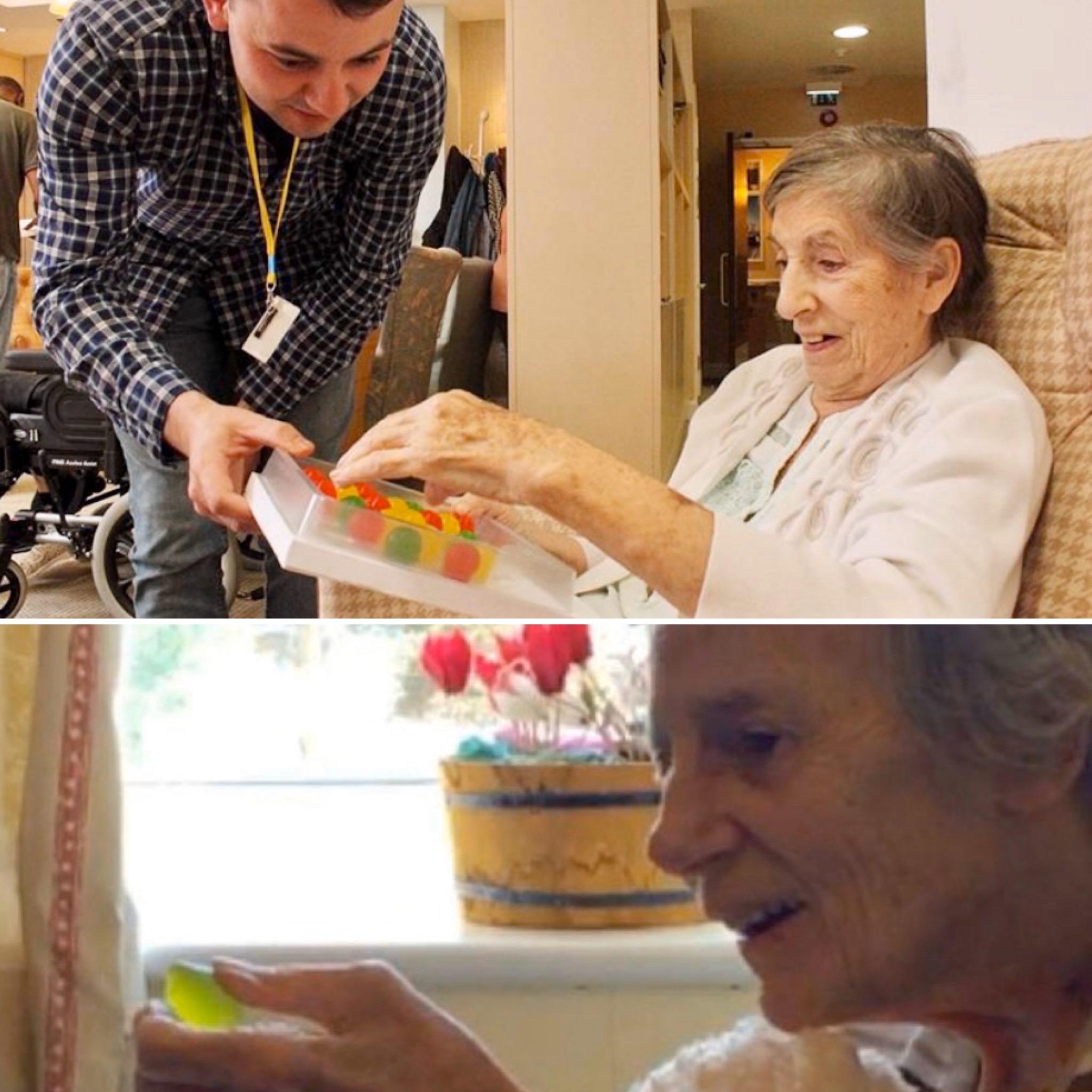
Image Source / Reddit
When you're talking to someone with dementia, it's super important not to talk down to them or make them feel like a child. Just treat them like you would anyone else. Use their name, be patient, and listen, don't make them feel like they are not good enough!
54. Show them that you still appreciate their company

Image Source / Reddit
Engage in activities that bring joy, whether it's sharing a cup of tea, going for a walk, or simply sitting together. Express genuine interest in their thoughts and stories, even if they may repeat themselves. Non-verbal cues like smiling, maintaining eye contact, and using gentle touch convey warmth and connection.
55. Don't overcomplicate things

Image Source / Reddit
By keeping things uncomplicated, you create an environment that supports their understanding and engagement, making the experience more enjoyable and less overwhelming for both of you. When interacting with someone with dementia, it's best to keep things simple and straightforward.
56. Use visual aids
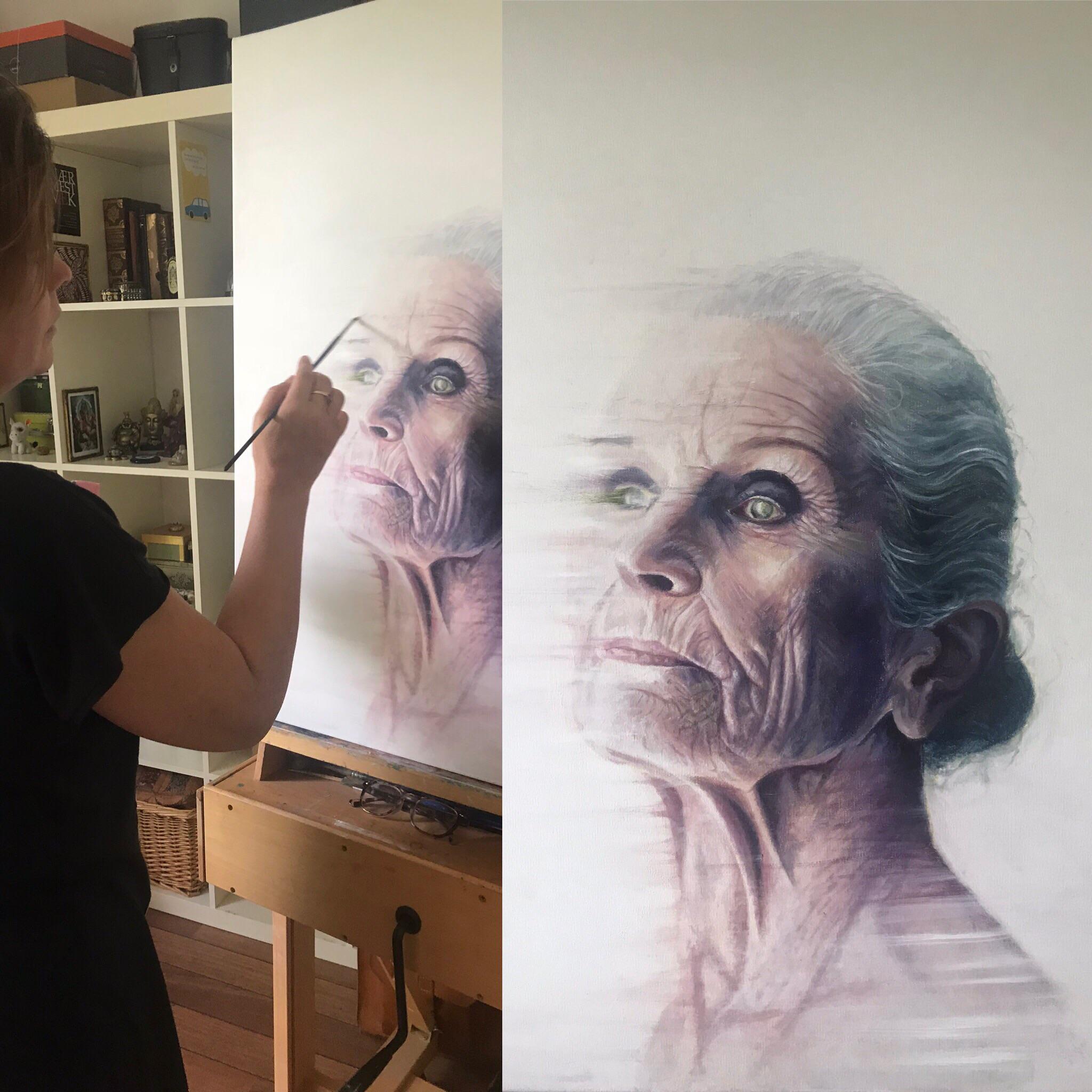
Image Source / Reddit
Consider using images, charts, or labeled items to supplement verbal communication. For instance, if you're discussing daily routines, you might use a visual schedule with pictures for each activity. Visual aids can enhance clarity, trigger memories, and make communication more accessible.
57. Don't say things like 'we talked about this, remember?'

Image Source / Reddit
Avoid phrases like "we talked about this, remember?" when communicating with someone with dementia. Such statements can unintentionally create stress or frustration, as memory lapses are common in individuals with dementia. Instead, gently reintroduce the topic without drawing attention to the previous discussion.
58. Keep the medical professional up to date about any changes you notice

Image Source / Reddit
When you're talking to the doctor or nurse about someone with dementia, make sure to let them know about any new things you've noticed. It could be changes in behavior, memory, or even daily activities. They need this information to help understand and care for the person better.
59. Don't tell the person how they are declining
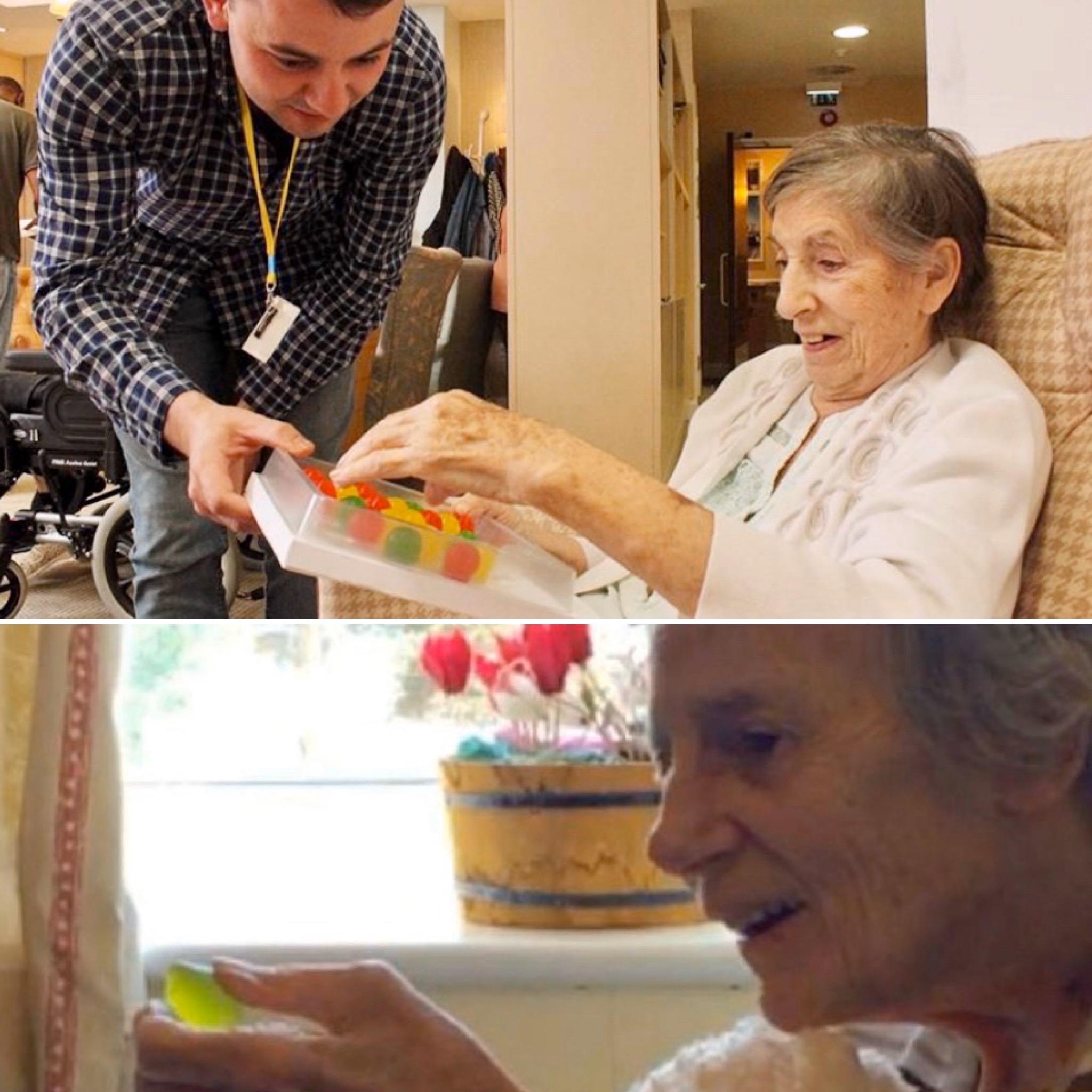
Image Source / Reddit
When chatting with someone with dementia, it's best to steer away from directly mentioning any decline they might be experiencing. Encourage them, highlight their strengths, and create an environment that uplifts their spirits. If you need to address challenges, approach it with gentleness and empathy.
60. Don't wave your hands around

Image Source / Reddit
Instead of waving your hands around too much, opt for calm and deliberate gestures that complement your words. Simple and purposeful movements can enhance communication without causing confusion. Waving hands around can make them feel very frustrated.
61. Stay on top of medications

Image Source / Reddit
Keep track of the prescribed medicines, ensuring they are taken as scheduled. Set up a reliable and manageable system for organizing and administering medications, and regularly check with healthcare professionals to address any concerns or adjustments needed.
62. Find joy in the small things

Image Source / Reddit
In the journey of caring for someone with dementia, it's valuable to find joy in the small things, together. Celebrate simple moments, like sharing a smile, enjoying a cup of tea together, or relishing a pleasant conversation. These small, positive interactions are so important.
63. Provide nutritional meals

Image Source / Reddit
Plan well-balanced meals that include a variety of nutrients to support their cognitive and physical function. Incorporate fruits, vegetables, whole grains, lean proteins, and healthy fats into their diet. Consider their individual preferences and dietary needs too!
64. Make sure that you make your interactions a positive experience for all

Image Source / Reddit
Approach conversations and activities with warmth, patience, and empathy. Acknowledge their feelings, validate their experiences, and use encouraging language. Be attentive to their needs and preferences, adjusting your approach to make each interaction enjoyable.
65. How to notice that someone else might have dementia:

Image Source / Reddit
Recognizing the signs of dementia in someone involves observing changes in their cognitive and functional abilities. Memory loss becomes noticeable, especially for recent events, and they may repeatedly ask the same questions. Everyday tasks, once familiar, may become challenging for them.
66. They keep forgetting things
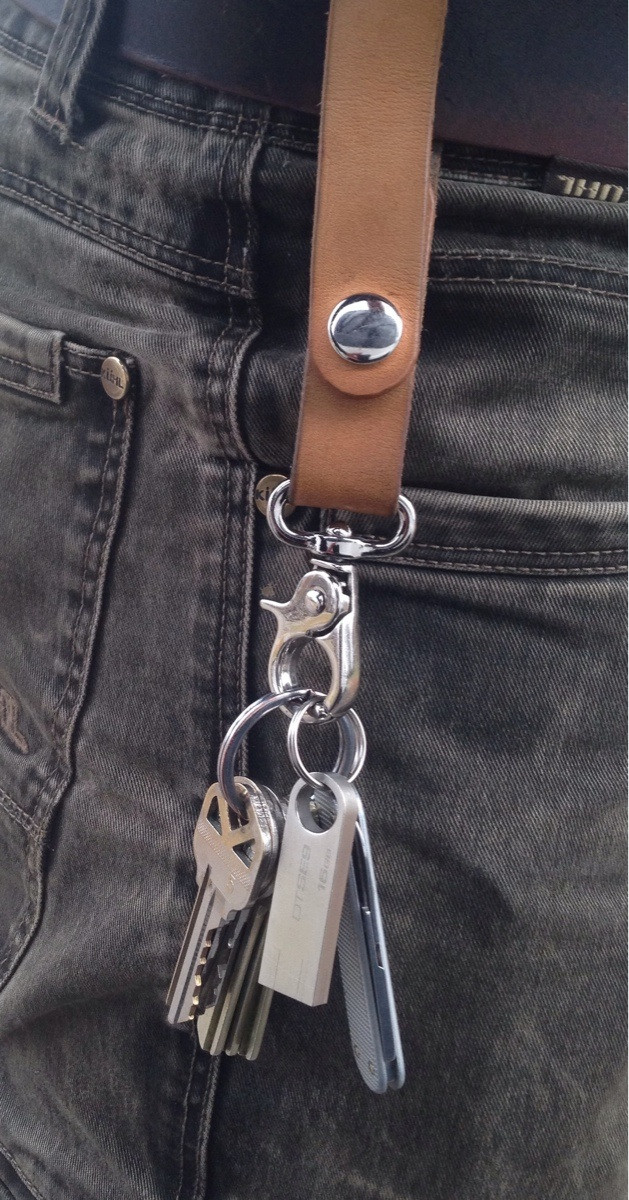
Image Source / Reddit
When you notice someone repeatedly forgetting things, it might be an indication that they could be facing challenges with their memory. This could involve forgetting recent conversations, appointments, or even where they placed everyday items.
67. They are irritable with you

Image Source / Reddit
If you notice someone becoming more irritable, especially in your interactions with them, it could be a potential sign of underlying issues, including dementia. Changes in mood and temperament are common in individuals experiencing cognitive challenges.
68. They don't engage with memories when you reminisce

Image Source / Reddit
Individuals with dementia may struggle to recall or connect with past experiences, and this disengagement from memories may become more apparent during conversations about the past. Difficulty in remembering or expressing emotions related to past events can lead to a lack of engagement in nostalgic conversations.
69. They seem to have changed in personality
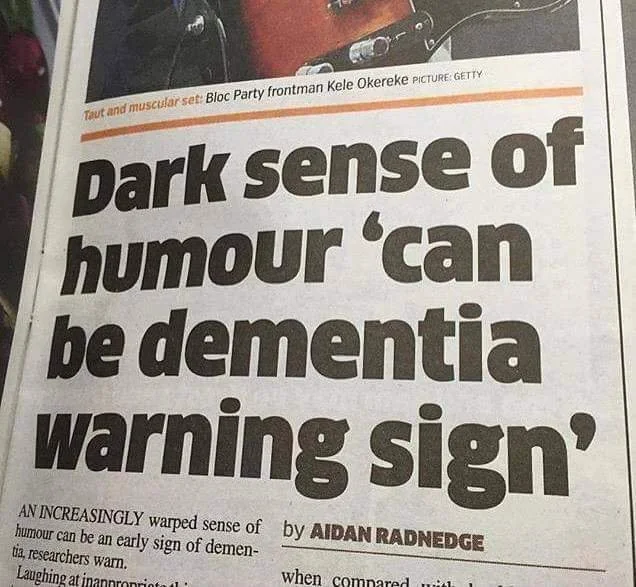
Image Source / Reddit
When you observe someone undergoing a shift in their personality, it can be a concerning sign, potentially indicating cognitive changes such as dementia. Personality alterations may manifest as shifts in behavior, interests, or emotional responses.
70. They are telling you the same things again and again

Image Source / Reddit
Perhaps they mention the same information multiple times, showing a pattern of memory lapses. These forgetful moments may start to affect their daily life and routines. While occasional forgetfulness is normal, persistent and noticeable changes in memory may warrant attention.
71. They've got the wrong time or place for meeting

Image Source / Reddit
Personality alterations may manifest as shifts in behavior, interests, or emotional responses. If a person becomes more withdrawn, irritable, or displays uncharacteristic behaviors, it's essential to approach the situation with understanding and empathy. Changes in personality can be distressing for both them and for you.
72. You notice that they are pretending to remember things that they don't

Image Source / Reddit
If you observe someone pretending to remember things and using different tenses than you did, it may indicate potential difficulties with memory recall or a conscious effort to navigate memory gaps. Changes in the way they express events, including the use of incorrect tenses, could be a coping mechanism to mask memory challenges or gaps.
73. They call you the wrong name

Image Source / Reddit
If someone consistently calls you by the wrong name, it could be a sign of cognitive challenges, such as those associated with dementia. Difficulty in remembering names, including those of familiar individuals, is a common symptom of memory-related issues.
74. They are slow to do basic things

Image Source / Reddit
Difficulty in completing routine activities can be a sign of dementia, arthritis, or other health issues. It's essential to observe these changes with empathy and understanding, as they can be distressing for them. Encouraging a supportive environment, offering assistance when they need help!
75. You notice that they're dressing wrong

Image Source / Reddit
Changes in dressing habits, such as wearing mismatched items or inappropriate attire for the weather, could be a sign of cognitive challenges or difficulties in decision-making. Maybe they've got their top back to front or they have their socks inside out.
76. They get distracted mid conversation

Image Source / Reddit
Distractions may lead to disjointed conversations, forgetfulness about the topic at hand, or difficulty following the flow of discussion. It's important to approach these situations with patience and understanding, as the person may be struggling with cognitive functions.
77. If you point out their mistakes they get annoyed
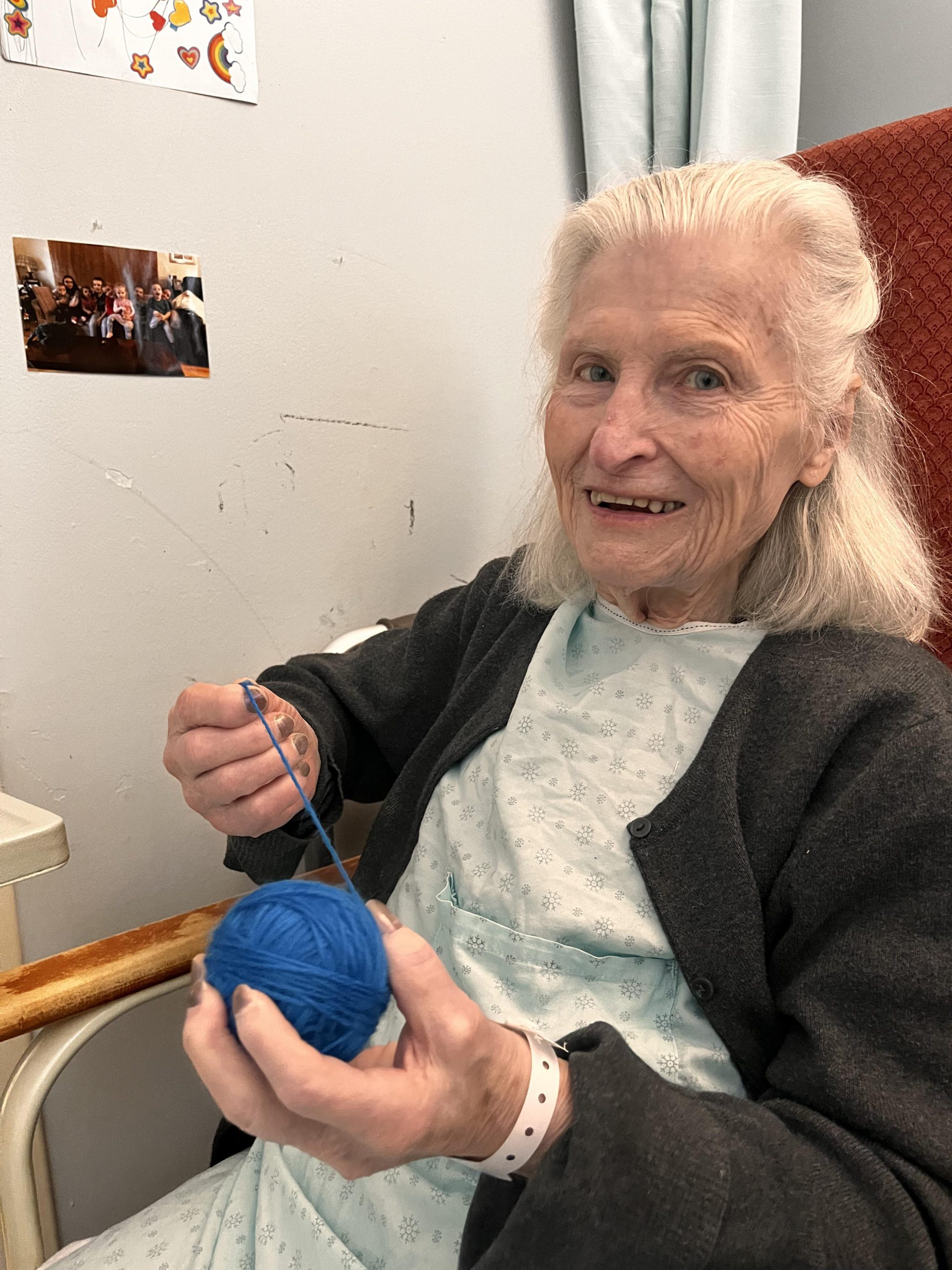
Image Source / Reddit
Correcting mistakes, even if done with good intentions, can be frustrating for individuals experiencing difficulties in memory or cognitive function. It's crucial to approach these situations with sensitivity and empathy. Instead of pointing out mistakes, try offering assistance instead!
78. You've noticed them getting frustrated with themselves

Image Source / Reddit
Frustration may arise when they struggle to remember information, perform familiar tasks, or articulate thoughts. It's important to approach these moments with empathy and understanding. Instead of focusing on the frustration, offer support, encouragement, and reassurance.
79. If they're wrong, they may tell you that you gave them the wrong information

Image Source / Reddit
Admitting errors may be challenging for them due to a desire to maintain a sense of control or competence. In situations where memory or cognitive difficulties are present, individuals might feel defensive and project mistakes onto others to cope with their own uncertainties.
80. Their writing is very shaky
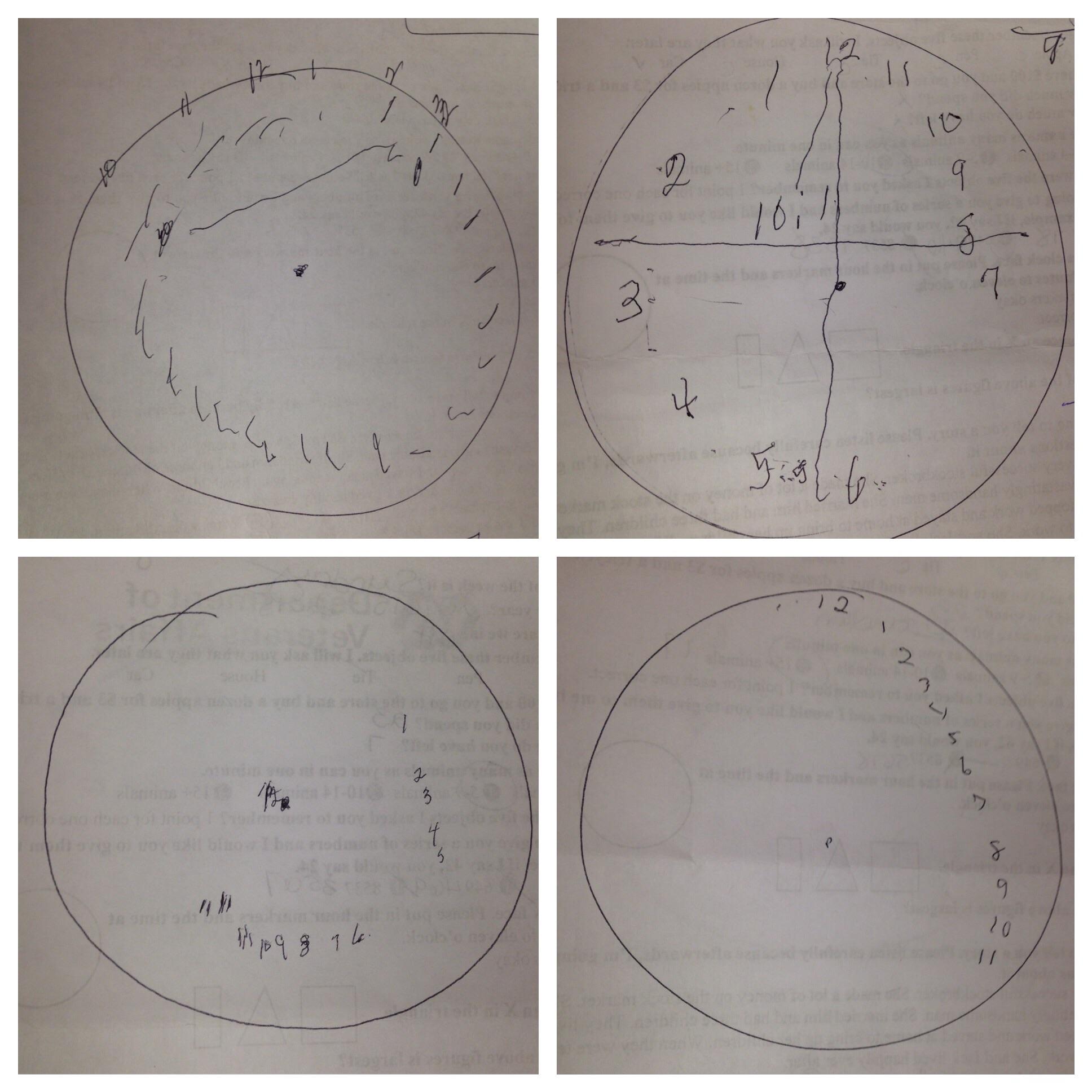
Image Source / Reddit
Shaky handwriting can be linked to dementia, particularly in the later stages of the condition. As the condition dementia progresses, individuals may experience a decline in motor skills and coordination, which can then manifest in shaky or unsteady handwriting.
81. What to do if you notice a loved one has signs of dementia:

Image Source / Reddit
Discovering signs of dementia in a loved one can be emotionally challenging, but taking proactive steps is crucial for their well-being. Encourage a visit to the doctor for a comprehensive evaluation, offering support by accompanying them to appointments.
82. Don't upset them by telling them 'you may have dementia'

Image Source / Reddit
Instead of directly telling them "you may have dementia," it can be more helpful to express concern about observed changes. For instance, saying, "I've noticed some shifts in your memory and behavior that seem different, and I'm worried about you'' is a much more tactful way to approach such a delicate topic!
83. Be very tactful

Image Source / Reddit
Being tactful involves acknowledging the person's emotions, avoiding unnecessary distress, and ensuring a supportive and collaborative approach to addressing dementia. Reinforce a sense of partnership, saying, "We'll navigate this together, and I'm here for you every step of the way."
84. Don't point out every mistake they have made

Image Source / Reddit
Constantly drawing attention to errors can lead to frustration and embarrassment, potentially causing the person to withdraw from communication. Instead, focus on creating a positive and supportive environment. If a mistake needs addressing, do it gently and discreetly!
85. Recommend that they visit a doctor

Image Source / Reddit
If you've observed signs of cognitive changes in a loved one and are concerned about the possibility of dementia, delicately recommend that they visit a doctor for a comprehensive evaluation. It's important to speak to someone who knows, before jumping to conclusions or making assumptions.
86. Discuss your concerns openly, not behind their back

Image Source / Reddit
Having discussions behind their back can frighten them, and make them feel betrayed! You should keep them as in the loop as you possibly can to help them feel some kind of control over the situation. . Instead of discussing concerns behind their back, initiate a caring and honest conversation.
87. Keep a record of specific events
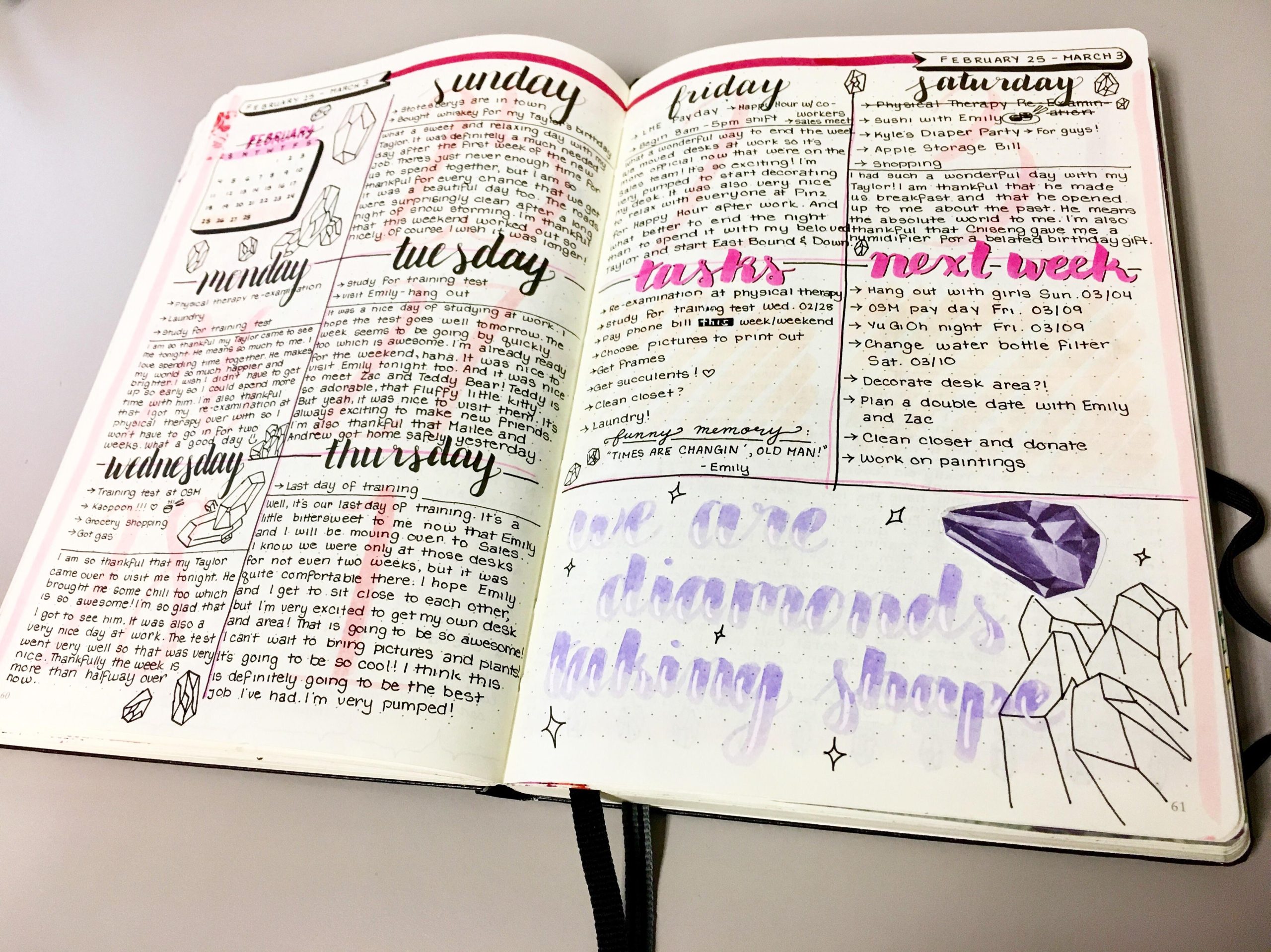
Image Source / Reddit
Documenting observations, such as instances of forgetfulness, changes in behavior, or challenges in daily activities, can provide useful information for healthcare professionals during an evaluation. This record can help the medical team understand the nature and frequency of the observed changes.
88. Educate yourself on the disease

Image Source / Reddit
Educating yourself about dementia is a crucial step when you suspect a loved one may be experiencing cognitive changes. Understanding the nature of the disease, its progression, and its impact on individuals and their families can empower you to provide better support.
89. Connect with some support groups

Image Source / Reddit
Look for local or online support groups dedicated to dementia caregivers, as well as those specifically focused on the type of dementia you suspect. Engaging with support groups allows you to learn from others who have walked similar paths and who have experienced the same things.
90. Involve other family members

Image Source / Reddit
When you think someone in the family might be having memory problems, it's a good idea to talk to other family members about it. Share what you've noticed and ask for their thoughts. When everyone is involved, it makes things easier and shares the emotional and physical toll.
91. Address safety concerns

Image Source / Reddit
If you've noticed your loved one showing signs of memory issues or dementia, it's important to think about their safety at home. Simple steps like removing things they could trip over or making sure their living space is well-lit can help. If driving becomes a concern, discuss alternative transportation options to keep them safe on the road
92. And visit their home to make sure that they are managing

Image Source / Reddit
Taking a visit to your loved one's home can be a helpful step to ensure they are managing well, especially if there are concerns about memory issues or dementia. Check for any safety hazards, like loose rugs or clutter, and make simple adjustments for a safer environment.
93. Explore care options
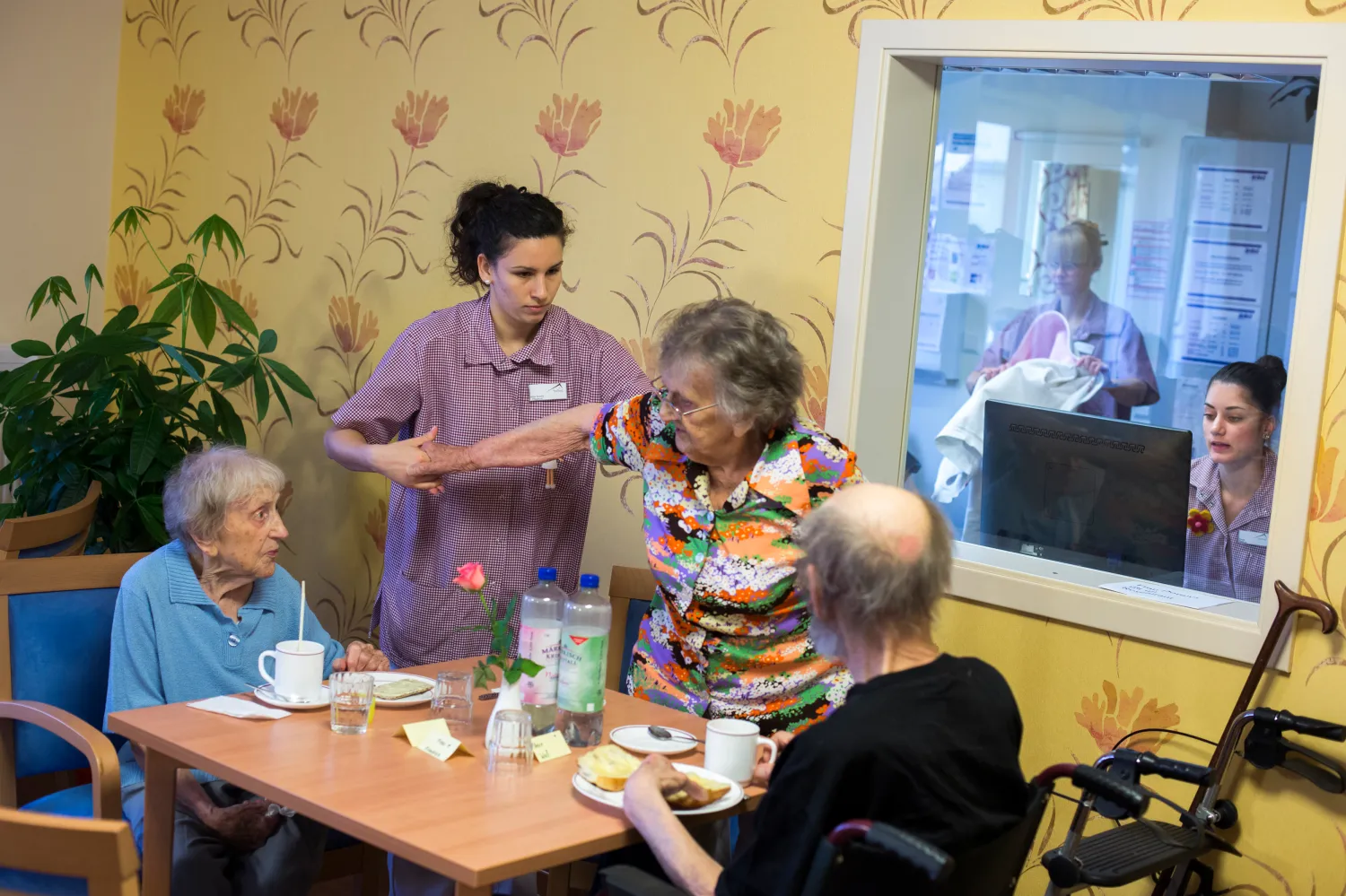
Image Source / Reddit
This could include looking into in-home care services, assisted living facilities, or memory care programs. These options can provide the necessary support and supervision, depending on the level of assistance your loved one may require. Exploring care options is a proactive step to ensure they receive the appropriate care!
94. Simplify their home
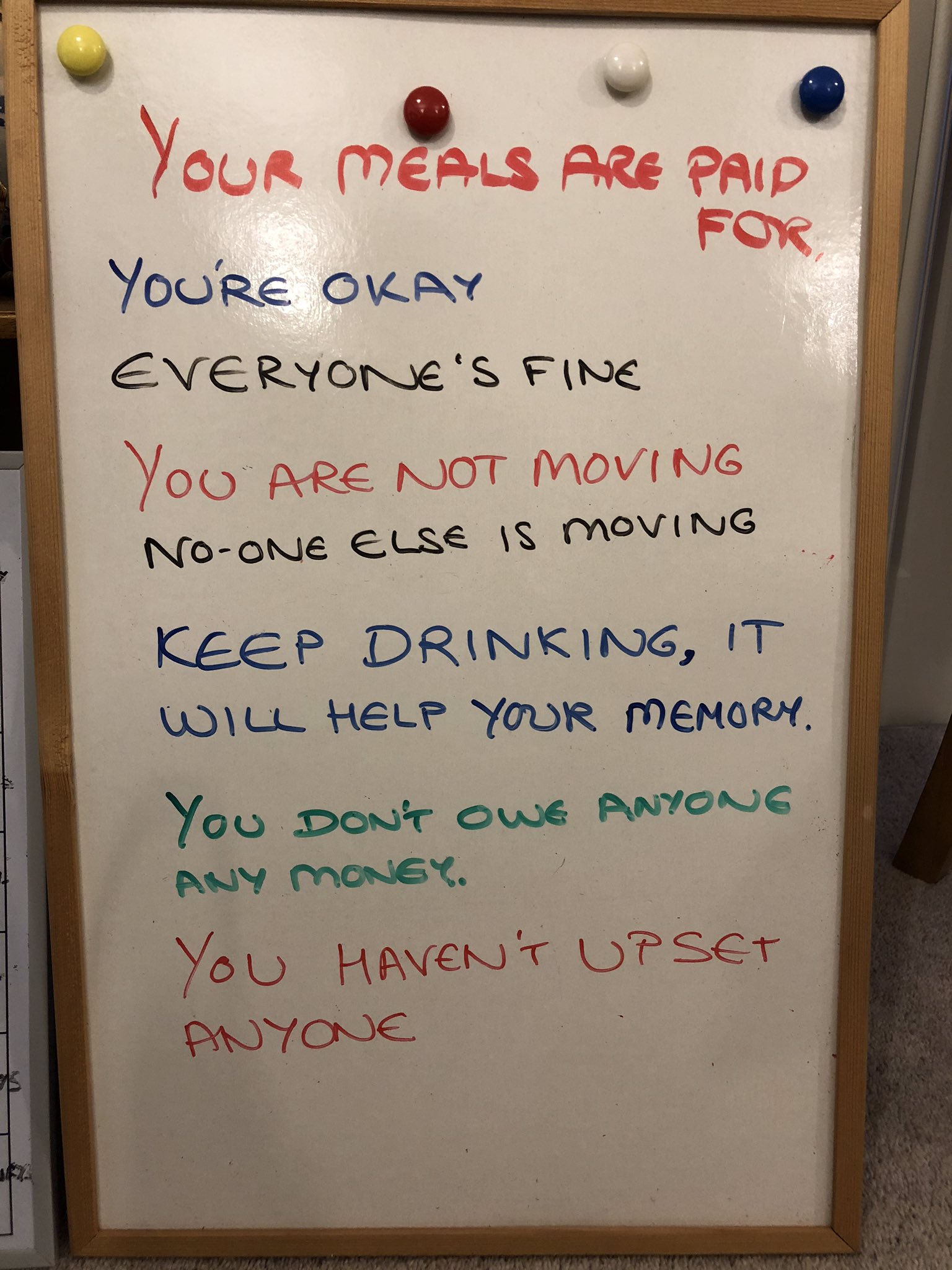
Image Source / Reddit
Keep the living space well-lit and organized, so it's easier for them to navigate. Simplifying their home is about creating a comfortable and safe environment. It's a way to help them feel at ease and reduce any potential stress or hazards. Help set up a simple system that they can follow!
95. Make sure you talk through decisions and help them feel in control
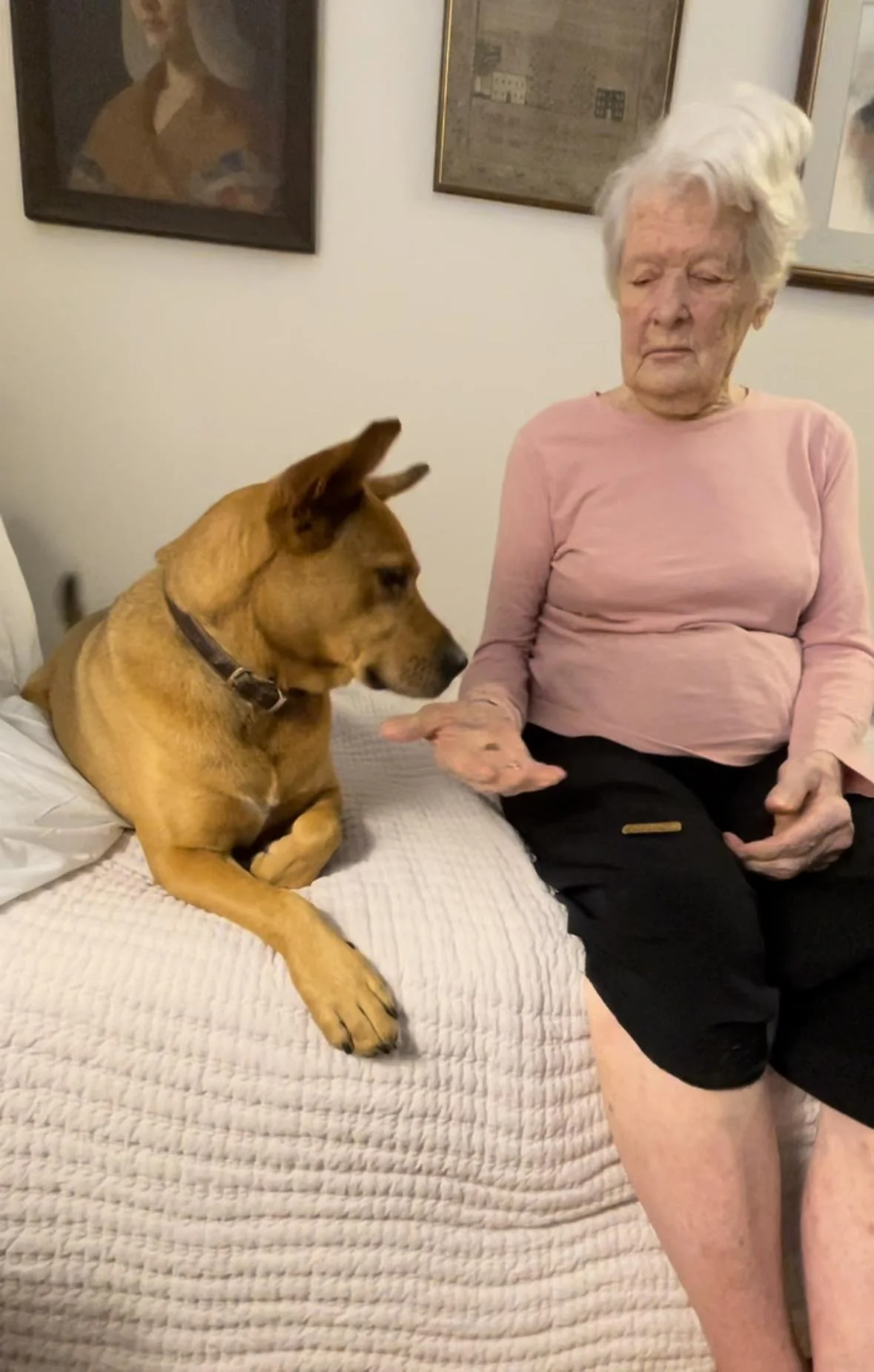
Image Source / Reddit
. Discuss options, listen to their preferences, and consider their feelings. This approach helps maintain their sense of independence and dignity. By working together, it shows that their opinions and choices matter. It's about respecting their autonomy and ensuring they feel valued and heard.
96. Make them feel able to open up to you

Image Source / Reddit
Be approachable, listen actively, and show genuine interest in their thoughts and feelings. Use gentle and supportive language, letting them know that you are there to understand and help. Building trust through open communication fosters a stronger connection between you both.
97. Ask what their concerns are

Image Source / Reddit
Dementia is something that they are experiencing, which is terrifying for them! You need to allow them to raise their concerns. Express genuine interest in how they are feeling. By asking open-ended questions like, "How have you been feeling lately?" or "Is there anything on your mind that you'd like to talk about?" you create a space for them to share their worries with you.
98. Consult them about everything you can

Image Source / Reddit
Seek their input and preferences on various matters, from daily activities to more significant decisions. This collaborative approach helps them maintain a sense of control and independence. By actively involving them, you show respect for their opinions and reinforce their importance in the decision-making process.
99. Don't treat them any differently

Image Source / Reddit
Maintain a sense of normalcy and avoid treating your loved one any differently if you suspect they may be experiencing cognitive changes. Continue to engage in familiar activities, share conversations, and offer support without making them feel singled out.
100. Offer to take them to healthcare appointments

Image Source / Reddit
Express your willingness to support them by accompanying them to doctor visits. This not only ensures they have assistance in navigating medical appointments but also provides an opportunity for you to share observations with healthcare professionals.



































































































